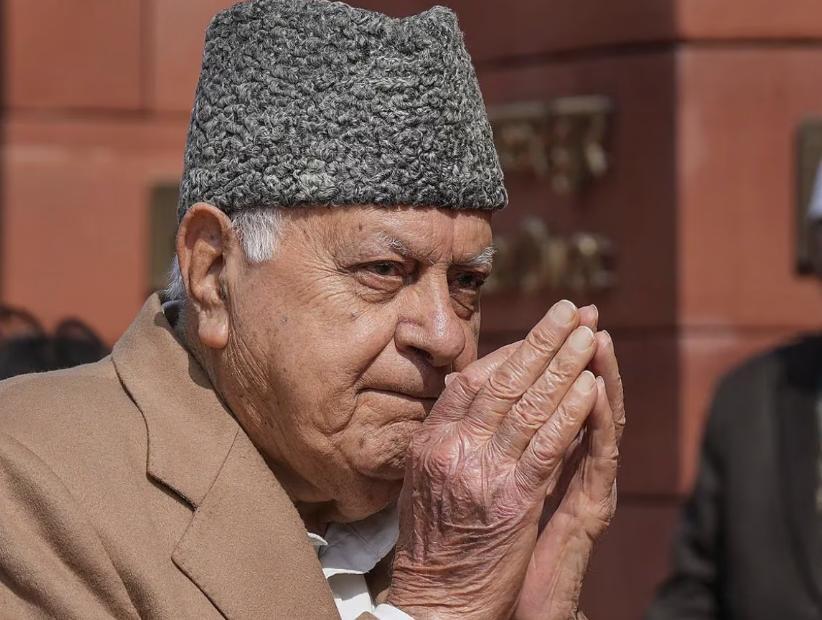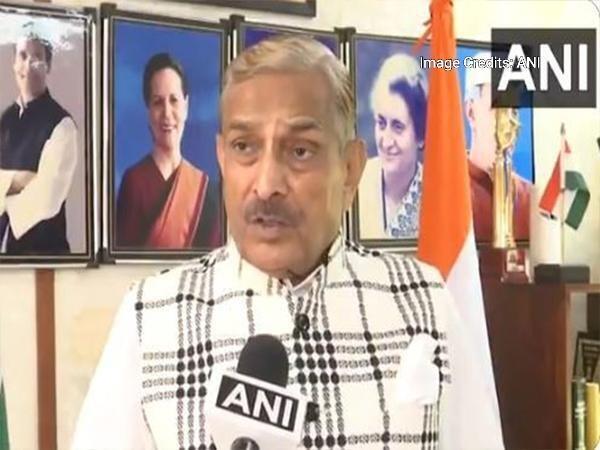
Ex-R&AW chief Dulat claims Farooq privately backed Article 370 abrogation, he denies
In a recent revelation that has sent shockwaves across the political landscape of India, former Research and Analysis Wing (R&AW) chief AS Dulat has claimed in his new book “The Chief Minister and the Spy” that former Jammu and Kashmir Chief Minister Farooq Abdullah privately backed the abrogation of Article 370, which granted special status to the state.
However, Farooq Abdullah has vehemently denied these claims, calling them a “figment of imagination of the author who claims to be my friend”. According to reports, Dulat has written in his book that Abdullah’s National Conference (NC) suggested that the abrogation of Article 370 would have helped in passing the Bill in Parliament.
The controversy surrounding Dulat’s claims has sparked a heated debate, with many questioning the veracity of the former R&AW chief’s statement. The timing of the revelation is particularly significant, given the ongoing political tensions in the region and the ongoing efforts to rebuild and restore normalcy in Kashmir.
In his book, Dulat claims that he had a meeting with Abdullah in 2019, during which the former Chief Minister expressed his support for the abrogation of Article 370. Dulat reportedly wrote that Abdullah told him that his party, the NC, believed that the move would help in passing the Bill in Parliament. This, Dulat claims, was a significant departure from the public stance taken by Abdullah and his party at the time.
However, Abdullah has strongly denied these claims, stating that they are nothing but a “figment of imagination” of Dulat. In a statement, Abdullah said, “I have never discussed or supported the abrogation of Article 370 with anyone. It is a figment of imagination of the author who claims to be my friend. I have always been a strong advocate for the rights and dignity of the people of Jammu and Kashmir, and I will continue to be so.”
The controversy surrounding Dulat’s claims has raised several questions about the reliability of his sources and the motivations behind the publication of his book. Some have suggested that Dulat’s claims are an attempt to further his own political agenda, while others have questioned the accuracy of his recollections.
The abrogation of Article 370 was a highly contentious issue, with many arguing that it was a necessary step to integrate Jammu and Kashmir with the rest of the country. Others, however, have argued that the move was a violation of the rights and dignity of the people of the region.
The controversy surrounding Dulat’s claims has also raised questions about the role of the R&AW and other intelligence agencies in shaping Indian foreign policy. Dulat’s claims have sparked concerns about the agency’s ability to accurately gather and analyze intelligence, as well as its willingness to share information with the government.
In conclusion, the controversy surrounding Dulat’s claims highlights the complexities and nuances of Indian politics, particularly when it comes to the sensitive issue of Kashmir. While Dulat’s claims may have sparked a heated debate, it is essential to approach the issue with a critical eye and to separate fact from fiction.
Sources:
https://repository.inshorts.com/articles/en/PTI/5880e3bf-0a05-40d6-887a-465b5c760b3a






